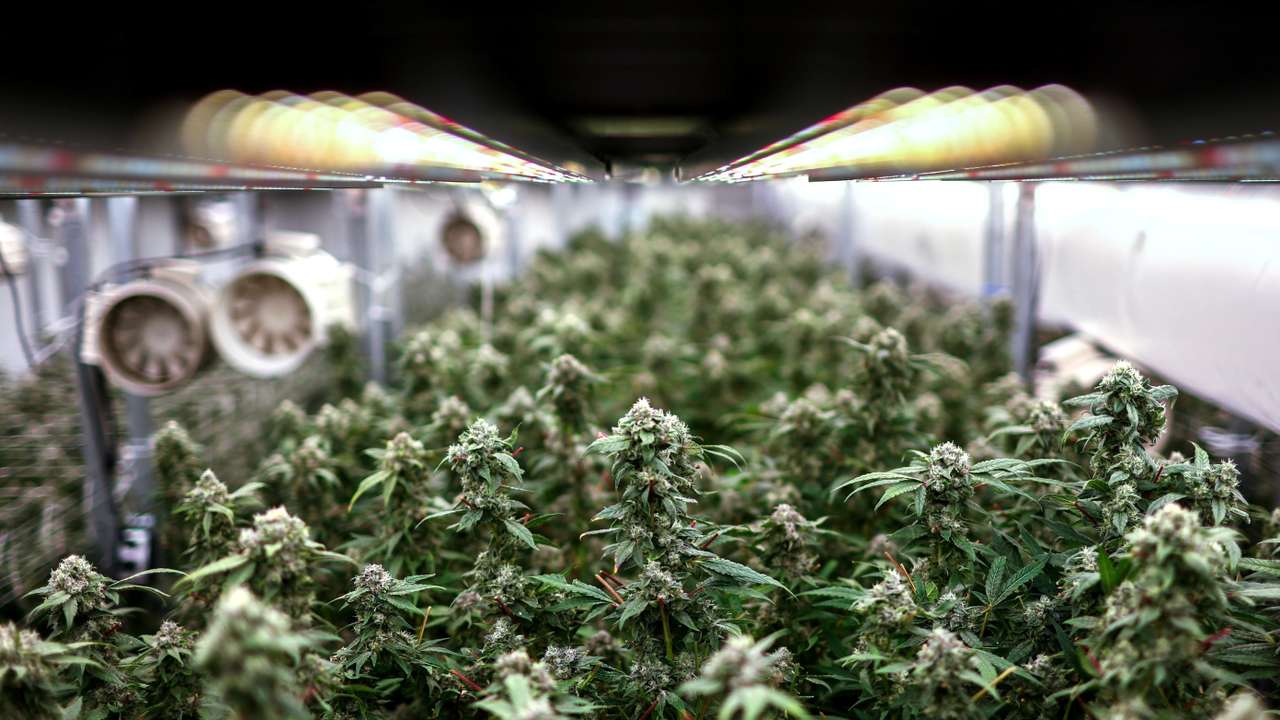Thailand prioritises $1 bn medicinal cannabis industry over re-criminalisation

Thailand has decided to focus on developing a medicinal cannabis industry rather than re-criminalising the plant as the country aims to harness the economic potential of a medicinal cannabis market.
Thailand's domestic marijuana retail sector has experienced rapid growth, with the industry projected to be worth up to $1.2 billion by 2025.
Prime Minister Srettha Thavisin had previously vowed to re-list cannabis as a narcotic by the end of 2024. However, after extensive discussions, the government has decided to draft legislation to regulate the cannabis industry instead.
Deputy Prime Minister Anutin Charnvirakul, a strong advocate for cannabis liberalisation, announced the new direction, emphasising the need for a coordinated approach to address the complexities of cannabis use and its economic benefits.
"I thank the prime minister for considering this matter and deciding on issuing an act," Mr Anutin said after a meeting with Prime Minister Srettha Thavisin and Health Minister Somsak Thepsutin.
The new legislation will focus on establishing clear guidelines for the cultivation, production, and distribution of medicinal cannabis. This framework aims to ensure that cannabis is used responsibly and safely, with strict controls to prevent misuse. The government also plans to engage with local communities and stakeholders to promote sustainable practices and support small-scale farmers.
However, secretary-general to the prime minister Prommin Lertsuridej told Reuters that "It will be a matter of law and debated in parliament where there is already a draft law. Whether it is a narcotic or not is up to parliament."
Thailand made headlines in 2022 when it became one of the first countries in Asia to decriminalise cannabis. Initially intended for medicinal use, the lack of comprehensive regulations led to a surge in recreational use and the rapid proliferation of cannabis cafes and shops.